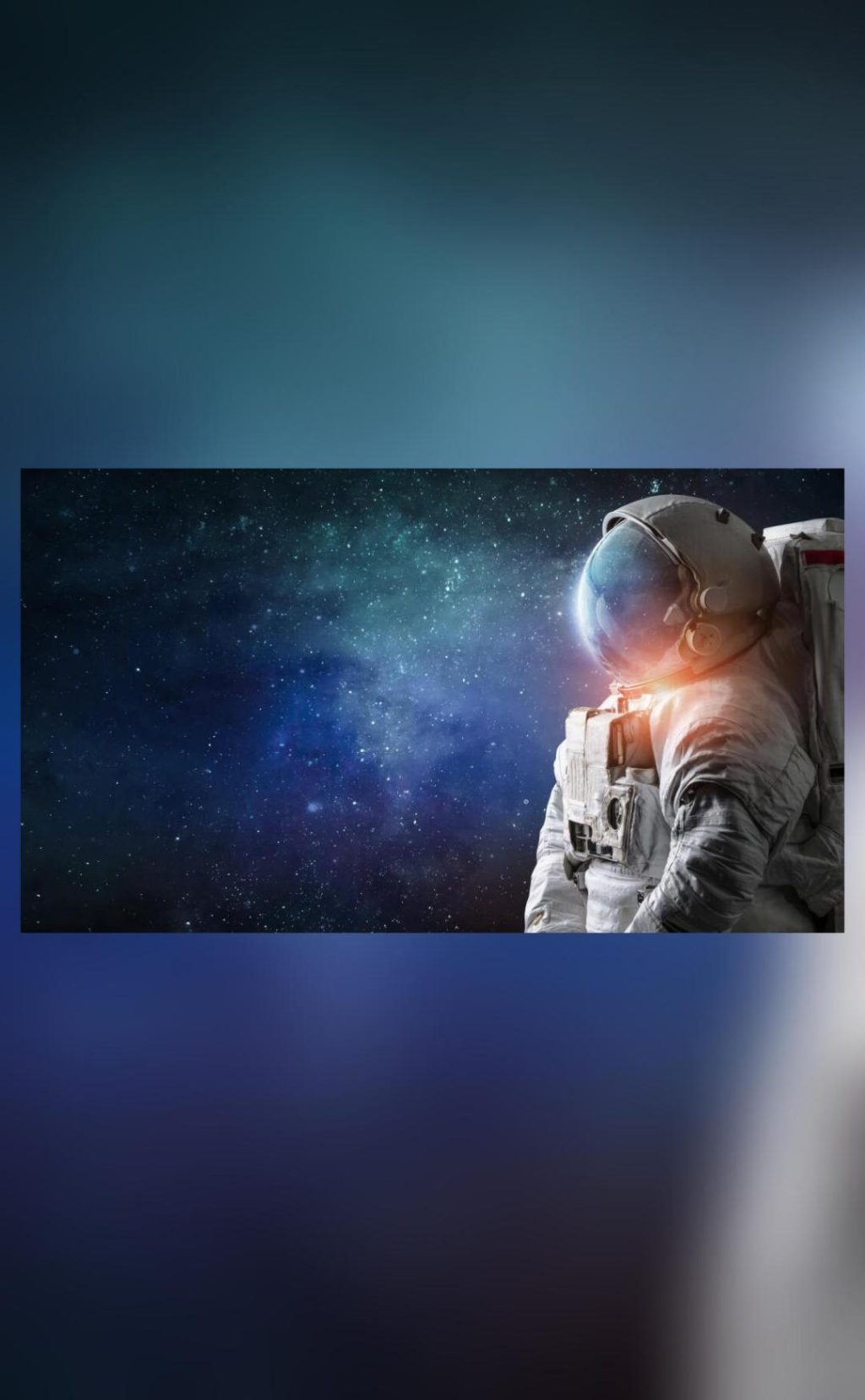
Google & NASA create AI medical assistant for Mars missions
As humanity takes its first steps towards exploring the red planet, ensuring the health and well-being of astronauts on Mars missions becomes a top priority. NASA and Google have joined forces to create an AI-powered medical assistant, designed to keep astronauts healthy and safe during their journeys to Mars and beyond.
The Crew Medical Officer Digital Assistant (CMO-DA) is a groundbreaking AI system that runs on Google Cloud’s Vertex AI platform, utilizing multimodal processing capabilities to analyze speech, text, and images. This innovative technology has the potential to revolutionize medical care in space, providing a reliable and efficient solution for diagnosing and treating medical conditions.
A Safer and More Efficient Medical Care System
The CMO-DA system was developed in collaboration with NASA’s Johnson Space Center and Google Cloud’s team of experts. The AI assistant is designed to work alongside human medical professionals, providing real-time support and guidance to help diagnose and treat medical conditions more accurately and efficiently.
The system’s multimodal processing capabilities allow it to analyze a wide range of data sources, including:
- Speech recognition: The CMO-DA can interpret voice commands and conversations, allowing astronauts to communicate their symptoms and medical concerns in a natural and intuitive way.
- Text analysis: The AI system can analyze medical records, patient histories, and other relevant documentation to provide a comprehensive understanding of an astronaut’s medical condition.
- Image analysis: The CMO-DA can process medical images, such as X-rays and MRIs, to aid in diagnosis and treatment.
Diagnostic Accuracy in Action
During testing, the CMO-DA demonstrated impressive diagnostic accuracy rates for two common space-related medical conditions:
- Ankle injuries: The AI system accurately diagnosed ankle injuries at a rate of 88%, significantly reducing the risk of misdiagnosis and ensuring timely treatment.
- Ear pain: The CMO-DA accurately diagnosed ear pain at a rate of 80%, providing a reliable solution for addressing this common issue.
These results are a testament to the CMO-DA’s ability to process complex medical data and provide accurate diagnoses, even in the most challenging and remote environments.
The Future of Medical Care in Space
The CMO-DA represents a significant step forward in the development of AI-powered medical systems for space exploration. As NASA and Google continue to refine and improve this technology, it has the potential to become an essential tool for ensuring the health and well-being of astronauts on Mars and other long-duration space missions.
The CMO-DA’s multimodal processing capabilities make it an ideal solution for a variety of medical scenarios, including:
- Emergency situations: The AI system can quickly analyze medical data and provide emergency responders with critical information, helping to save lives in the most critical situations.
- Long-term care: The CMO-DA can provide ongoing medical support and guidance, helping to manage chronic conditions and prevent complications.
- Remote medical consultations: The AI system can facilitate real-time consultations between medical professionals and astronauts, enabling more effective and efficient care.
A New Era in Space Exploration
The partnership between NASA and Google represents a new era in space exploration, where AI-powered technology is poised to revolutionize every aspect of space travel, from medical care to navigation and communication.
As we continue to push the boundaries of human exploration, it is essential that we prioritize the health and well-being of our astronauts. The CMO-DA is a shining example of what can be achieved when technology and innovation come together to address the unique challenges of space travel.
Source:






